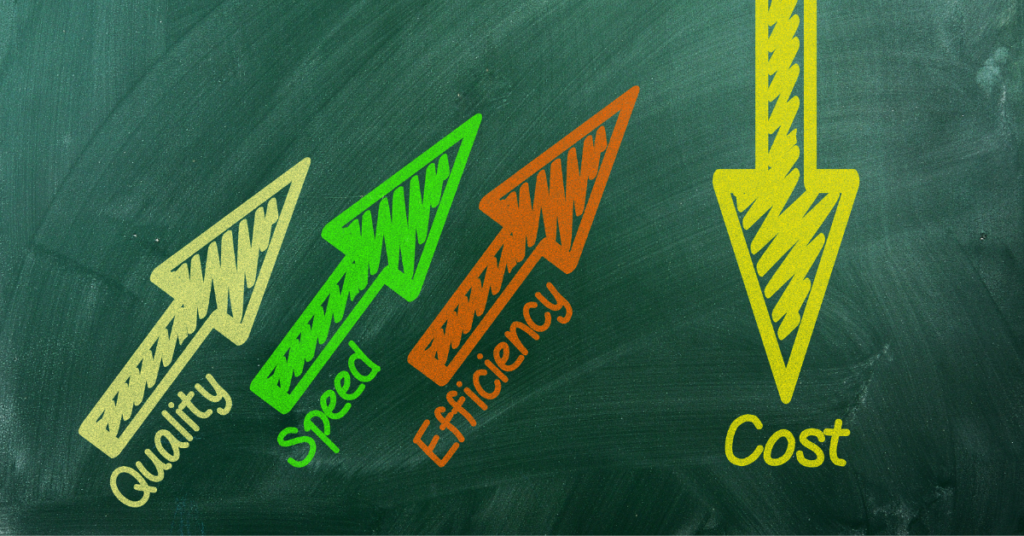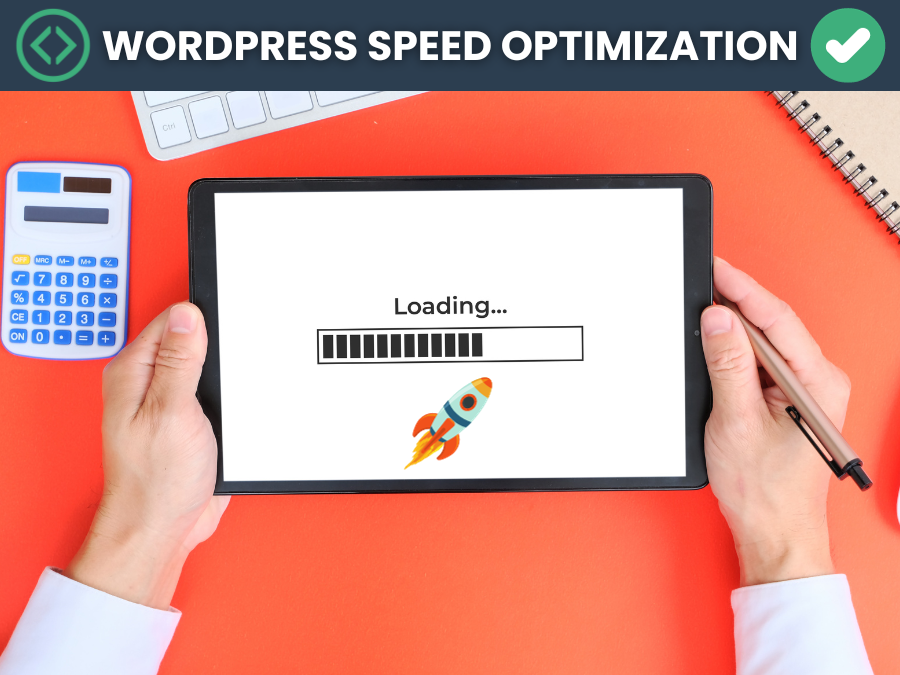Introduction to WordPress Website Speed Optimization
In the digital landscape, website speed plays a pivotal role in user engagement and overall performance. For WordPress users, optimizing website speed is not just a suggestion; it’s a necessity. This article aims to delve into the nuances of WordPress website speed optimization, exploring its significance, strategies, and impact on user experience and SEO ranking.
Understanding the Importance of Website Speed

Impact on User Experience
When a visitor lands on a website, every second counts. Slow loading times can lead to frustration, impacting user experience negatively. Studies show that users tend to abandon a site if it takes more than a few seconds to load. Optimizing speed enhances user satisfaction and encourages prolonged interaction.
Effects on SEO Ranking
Search engines prioritize user experience, and website speed is a crucial factor. Google, for instance, considers page speed in its ranking algorithms. A faster website often ranks higher, improving visibility and attracting organic traffic.
Assessing Current Website Speed
To optimize, one must first assess. Various tools like Google PageSpeed Insights and GTmetrix offer comprehensive analysis, pinpointing areas for improvement. Identifying performance bottlenecks, such as large image sizes or unoptimized code, is crucial.
Strategies for WordPress Speed Optimization

Image Compression and Optimization
Reducing image sizes without compromising quality significantly impacts loading times. Plugins like Smush and EWWW Image Optimizer efficiently compress images.
Minification of CSS and JavaScript Files
Removing unnecessary characters and spaces from code files minimizes their size, accelerating page loading. Plugins such as Autoptimize simplify this process.
Caching Techniques
Utilizing caching plugins like W3 Total Cache or WP Super Cache stores frequently accessed data, reducing server load and improving speed.
Leveraging Content Delivery Networks (CDNs)
CDNs distribute website content across multiple servers globally, delivering it from the nearest location to the user. This minimizes latency and speeds up loading times.
Mobile Optimization for Speed
Given the rise in mobile users, optimizing for mobile speed is indispensable. Responsive design, AMP (Accelerated Mobile Pages), and mobile-specific optimization techniques are vital.
Choosing the Right Hosting Provider
A reliable hosting provider with optimized server configurations directly impacts website speed. Investing in quality hosting services is paramount.
Implementing Lazy Loading
Lazy loading defers the loading of non-essential content until the user interacts with it, enhancing initial loading speed.
Regular Updates and Maintenance
Keeping WordPress, themes, and plugins updated ensures optimal performance. Regular maintenance prevents outdated components from slowing down the site.
Testing and Monitoring the Optimized Speed
After implementation, continuous testing using tools like Pingdom, GTmetrix, or Google PageSpeed Insights ensures sustained improvements. Monitoring allows for timely adjustments if performance degrades.
Future Trends in Website Speed Enhancement
In the realm of WordPress, upcoming trends in website speed enhancement revolve around specialized optimizations tailored to this popular platform.
Expect a surge in utilizing lightweight themes and efficient plugins designed specifically for performance enhancement.
The integration of cutting-edge caching mechanisms and content delivery networks (CDNs) within WordPress ecosystems will gain momentum, ensuring quicker load times by strategically delivering content closer to users.
Furthermore, implementing streamlined coding practices and incorporating advanced image optimization tools into WordPress workflows will play a pivotal role in boosting website speed while maintaining the platform’s flexibility and user-friendly nature.
Conclusion
Optimizing WordPress website speed is not merely a technical task; it’s a strategic investment. Enhanced speed cultivates a positive user experience, boosts SEO rankings, and drives success in the digital realm.
Why is website speed crucial for SEO?
Website speed influences user experience, and search engines prioritize user-centric factors for ranking.
How often should I perform website speed optimization?
Regular monitoring and optimization are advisable, especially after updates or changes to the site.
Can plugins alone improve website speed?
While plugins help, a holistic approach including various strategies is necessary for significant improvements.
Does mobile optimization affect desktop speed?
Optimizing for mobile typically involves compressing elements, benefiting overall speed for both mobile and desktop.
Are there free tools for assessing website speed?
Yes, tools like Google PageSpeed Insights and GTmetrix offer free assessments for website speed.




